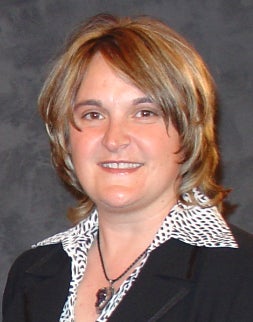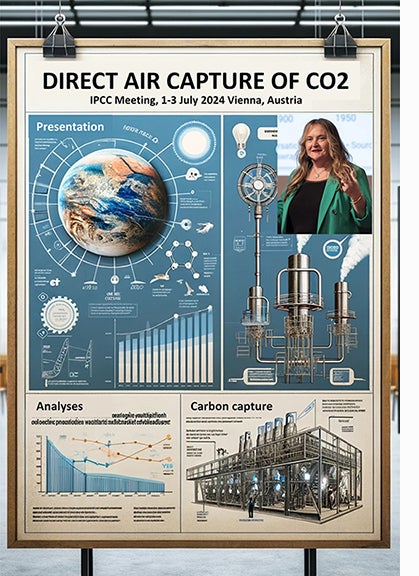
Mihri Ozkan, a UCR professor of electrical and computer engineering, will serve as a U.S. delegate and an expert presenter for a United Nations panel that will meet this summer in Austria to explore carbon capture and storage technologies to combat climate change.
Ozkan said she is honored to serve on the UN’s Intergovernmental Panel on Climate Change (IPCC) Expert Meeting on Carbon Dioxide Removal Technologies, Carbon Capture Utilization and Storage.
“This IPCC meeting, hosted by the IPCC Task Force on National Greenhouse Gas Inventories, represents a crucial forum for advancing our understanding and implementation of essential technologies in the fight against climate change,” she said.
Ozkan’s presentation will focus on technologies that capture carbon emissions directly from the atmosphere. She will provide an overview of existing direct air capture technologies and analyze findings from pilot projects around the globe that shed light on the efficiency and operational dynamics of these systems.

Ozkan will further outline strategies to bolster confidence in these methods, including calls for standardized protocols and continuous improvement mechanisms. She will conclude with actionable recommendations for researchers and policymakers to support the expansion and integration of direct air capture technologies.
The panel’s meeting will be July 1-3 in Vienna.
“It is a privilege to contribute to this international effort, where we will discuss and shape the future directions of carbon removal and storage strategies vital for achieving our global climate goals,” she said.
As UCR’s Climate Action Champion Professor, Ozkan has recently published papers about use of atomically two dimensional MXene and MBene compounds for carbon capture; the utility of electrochemical methods for direct air capture or DAC; the status of DAC projects worldwide; the status and pillars of DAC technologies; scalable DAC technologies; DAC to meet climate targets; and the pathway to achieve carbon neutral air travel.